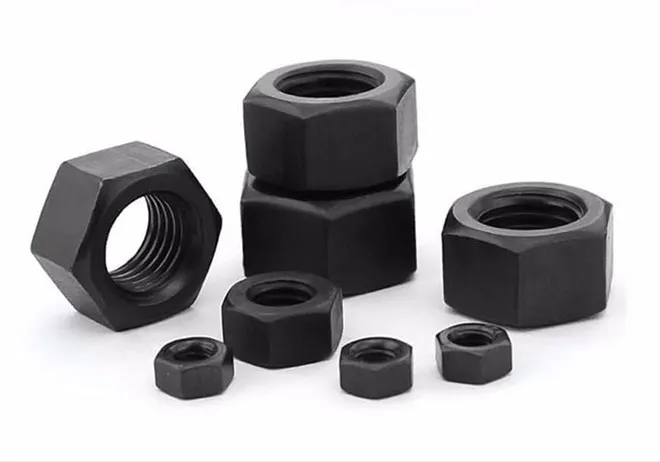corner bolts manufacturer
Nov . 20, 2024 02:36 Back to list
corner bolts manufacturer
Understanding Corner Bolts The Unsung Heroes of Construction
In the realm of construction and engineering, corner bolts play a crucial yet often overlooked role. As a specialized type of fastener, corner bolts are designed to provide stability and strength in various structural applications. Their versatility makes them an indispensable component in everything from residential buildings to heavy machinery.
What Are Corner Bolts?
Corner bolts are typically used to secure two or more materials at a right angle, making them essential for creating strong joints in frameworks and structures. They are commonly made of high-strength steel, though they can also be fabricated from other materials, depending on the specific requirements of the project. Their design usually incorporates threading on one end, which allows for easy adjustment and securing.
These bolts come in a variety of sizes and lengths, tailored to suit different applications. With the rising demand for customized solutions, many corner bolts manufacturers now offer tailored designs and specifications based on unique project needs.
Applications in Construction
The primary use of corner bolts is in the construction of frameworks such as beams, columns, and trusses. When erecting a building, structural integrity is of the utmost importance; corner bolts help ensure that connections can withstand both vertical and lateral loads.
In addition to traditional construction, corner bolts are also essential in constructing furniture and cabinetry, particularly when it comes to achieving right angles and ensuring stability. Their ability to securely fasten edges makes them ideal for creating robust frames for cabinets, tables, and even modular systems.
corner bolts manufacturer

The Manufacturing Process
Manufacturers of corner bolts must adhere to strict quality control processes to ensure that their products meet industry standards. The manufacturing process typically begins with selecting high-quality raw materials, followed by a series of machining, threading, and heat treatment processes. Each of these steps is crucial in producing a bolt that can withstand significant stress and strain.
Modern corner bolt manufacturers also employ advanced technology, such as CNC (Computer Numerical Control) machining, to achieve precision and consistency in production. This technology not only streamlines the manufacturing process but also allows for rapid prototyping and the quick adjustment of designs based on customer feedback.
Quality Assurance
Quality assurance is vital in the corner bolt manufacturing process. Many manufacturers conduct rigorous testing to confirm that their bolts meet specified tensile strength, corrosion resistance, and fatigue limits. Certifications such as ISO or ASTM standards further ensure that the corner bolts are safe to use and will perform as expected.
The Future of Corner Bolts
As the construction industry evolves, the demand for innovative and efficient fastening solutions, including corner bolts, is likely to increase. Sustainable practices are also becoming increasingly important, and manufacturers are beginning to explore eco-friendly materials and processes to reduce their environmental footprint.
In conclusion, corner bolts may not be the most glamorous aspect of construction, but their importance cannot be overstated. Manufacturers play a critical role in ensuring the integrity and safety of various structures through the production of high-quality corner bolts. As the industry continues to change, these unsung heroes will remain vital to the foundational strength of buildings, furniture, and much more. Whether you’re a builder, engineer, or DIY enthusiast, understanding corner bolts and their applications can enhance your projects and contribute to lasting stability and safety.
Latest news
-
High-Quality Panel Stud Bolt Reliable Panel Stud Bolt Factory & Suppliers
NewsJul.08,2025
-
High-Precision Fine Thread Locknuts Manufacturer & Supplier Custom Solutions
NewsJul.08,2025
-
PH Imperial Stud Bolt – High Strength Fasteners from Leading Supplier & Factory
NewsJul.07,2025
-
High-Quality Allen Wrench Bolts Leading Factory, Company & Suppliers
NewsJul.07,2025
-
Wholesale Ball Stud Bolt - High Quality Supplier & Factory Price Reliable Wholesale Ball Stud Bolt Company
NewsJul.06,2025
-
High-Strength Alloy Bolts Manufacturer & Supplier Quality Alloy Fasteners Factory
NewsJul.06,2025
